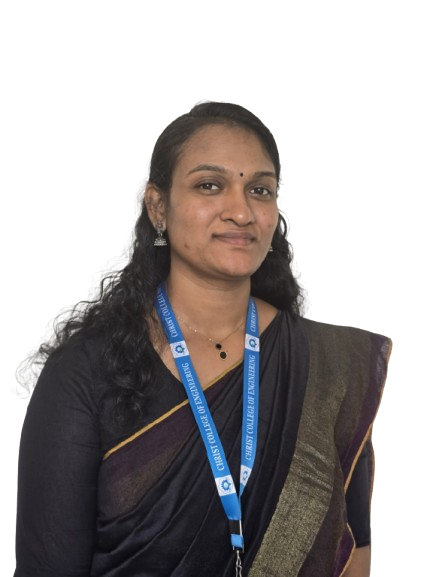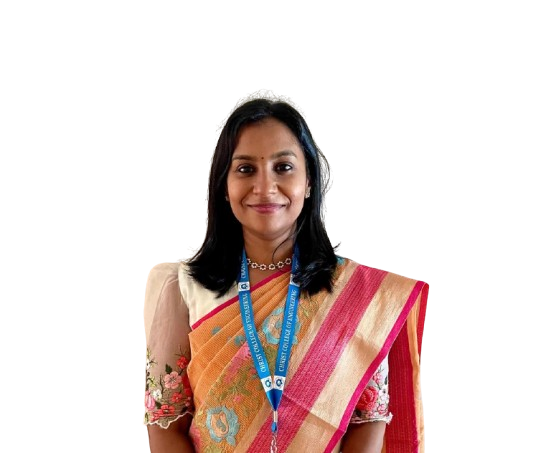About
The Basic Sciences and Humanities department was established in 2015, and comprises of disciplines - Mathematics, Physics, Chemistry, Economics and English. The department is committed to fostering a knowledge of fundamental scientific concepts and plays a crucial role in providing instruction in mathematics, physics, and chemistry to students of the several core fields of engineering. To encourage collaborative, interdisciplinary knowledge in various branches of physics, chemistry, and mathematics that will meet societal demands in the future is an unique aim of this department.
Departments
Home / Academics / Department / About
Vision
To become a unique department of excellence that augments other departments of Technology in fulfilling their objectives.
Mission
- 1.
To provide high quality equitable foundation courses in Mathematics, Physics, Chemistry ,Economics and English.
- 2.
To impart fundamental science education that augments the assimilation of technical knowledge in various disciplines of engineering.
- 3.
To develop an insight into the choice behavior of individuals, organizations and Government bodies.
- 4.
To create basic skills in communication as a tool in conversing with the stakeholders of any organization.
Academic Uniqueness
- 1.
Innovative product development practices which helps students to develop their own ideas into reality.
- 2.
Helps to improve the Spoken English skills of students.
- 3.
The Science club activities arouse the students interest in applying the basic science concepts in solving real life problems.
- 4.
Strong mentoring system for the overall development of students.
Programme Details
Program Outcomes (POs) expand_more
PO-1
Engineering Knowledge: Apply the knowledge of mathematics, science, engineering fundamentals, and an engineering specialization to the solution of complex engineering problems.
PO-2
Problem analysis: Identify, formulate, review research literature, and analyze complex engineering problems reaching substantiated conclusions using first principles of mathematics, natural sciences, and engineering sciences.
PO-3
Design/development of solutions: Design solutions for complex engineering problems and design system components or processes that meet the specified needs with appropriate consideration for the public health and safety, and the cultural, societal, and environmental considerations.
PO-4
Conduct investigations of complex problems: Use research-based knowledge including design of experiments, analysis and interpretation of data, and synthesis of the information to provide valid conclusions..
PO-5
Modern Tool Usage: Create, select, and apply appropriate techniques, resources, and modern engineering and IT tools including prediction and modeling to complex engineering activities with an understanding of the limitations.
PO-6
The engineer and society: Apply reasoning informed by the contextual knowledge to assess societal, health, safety, legal, and cultural issues and the consequent responsibilities relevant to the professional engineering practice.
PO-7
Environment and sustainability: Understand the impact of the professional engineering solutions in societal and environmental contexts, and demonstrate the knowledge of, and need for sustainable development.
PO-8
Ethics: Apply ethical principles and commit to professional ethics and responsibilities and norms of the engineering practice.
PO-9
Individual and Team work: Function effectively as an individual, and as a member or leader in teams, and in multidisciplinary settings.
PO-10
Communication: Communicate effectively with the engineering community and with society at large. Be able to comprehend and write effective reports documentation. Make effective presentations, and give and receive clear instructions.
PO-11
Project management and finance: Demonstrate knowledge and understanding of engineering and management principles and apply these to one’s own work, as a member and leader in a team. Manage projects in multidisciplinary environments.
PO-12
Life-long learning: Recognize the need for, and have the preparation and ability to engage in independent and lifelong learning in the broadest context of technological change.

































